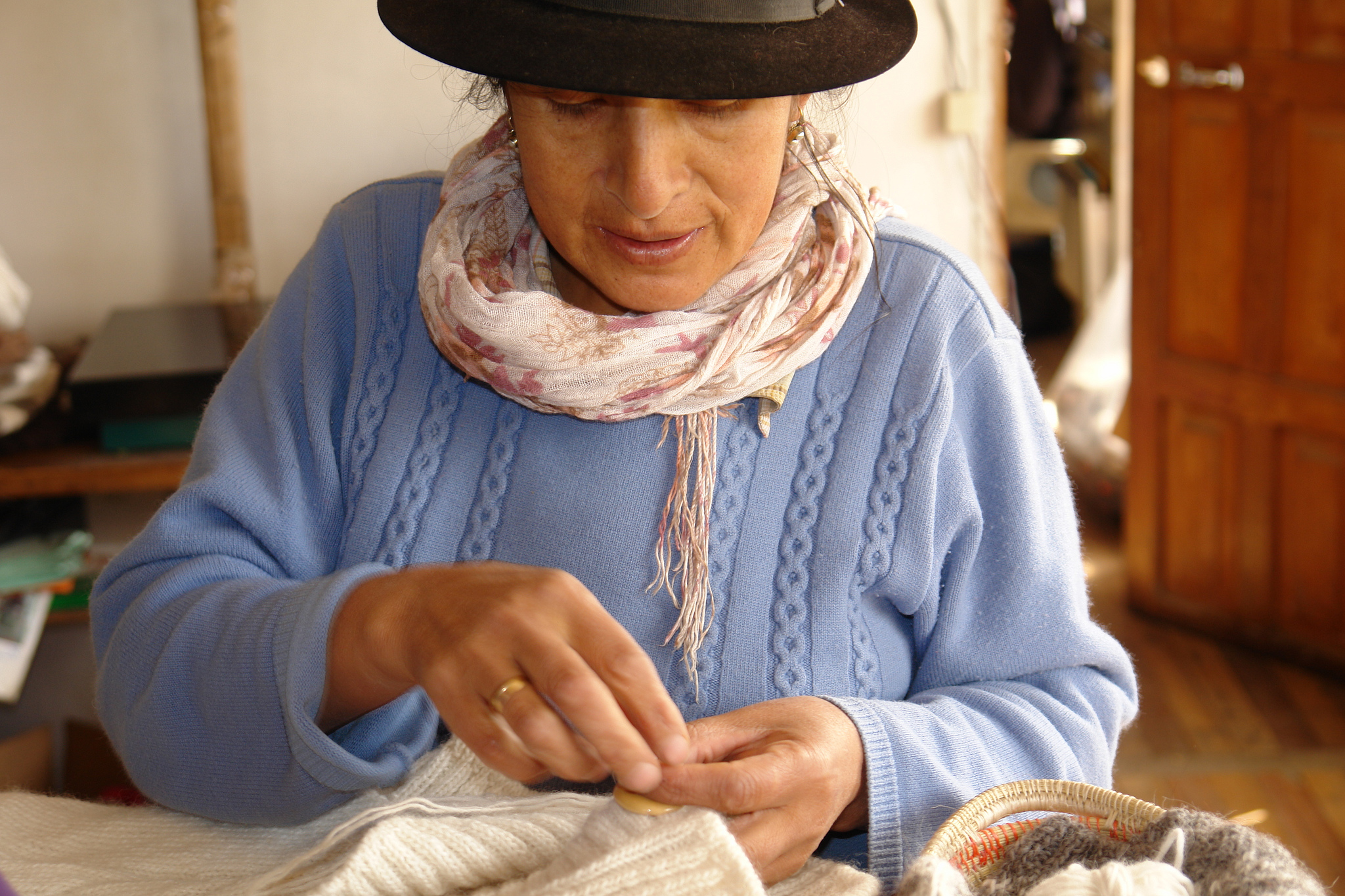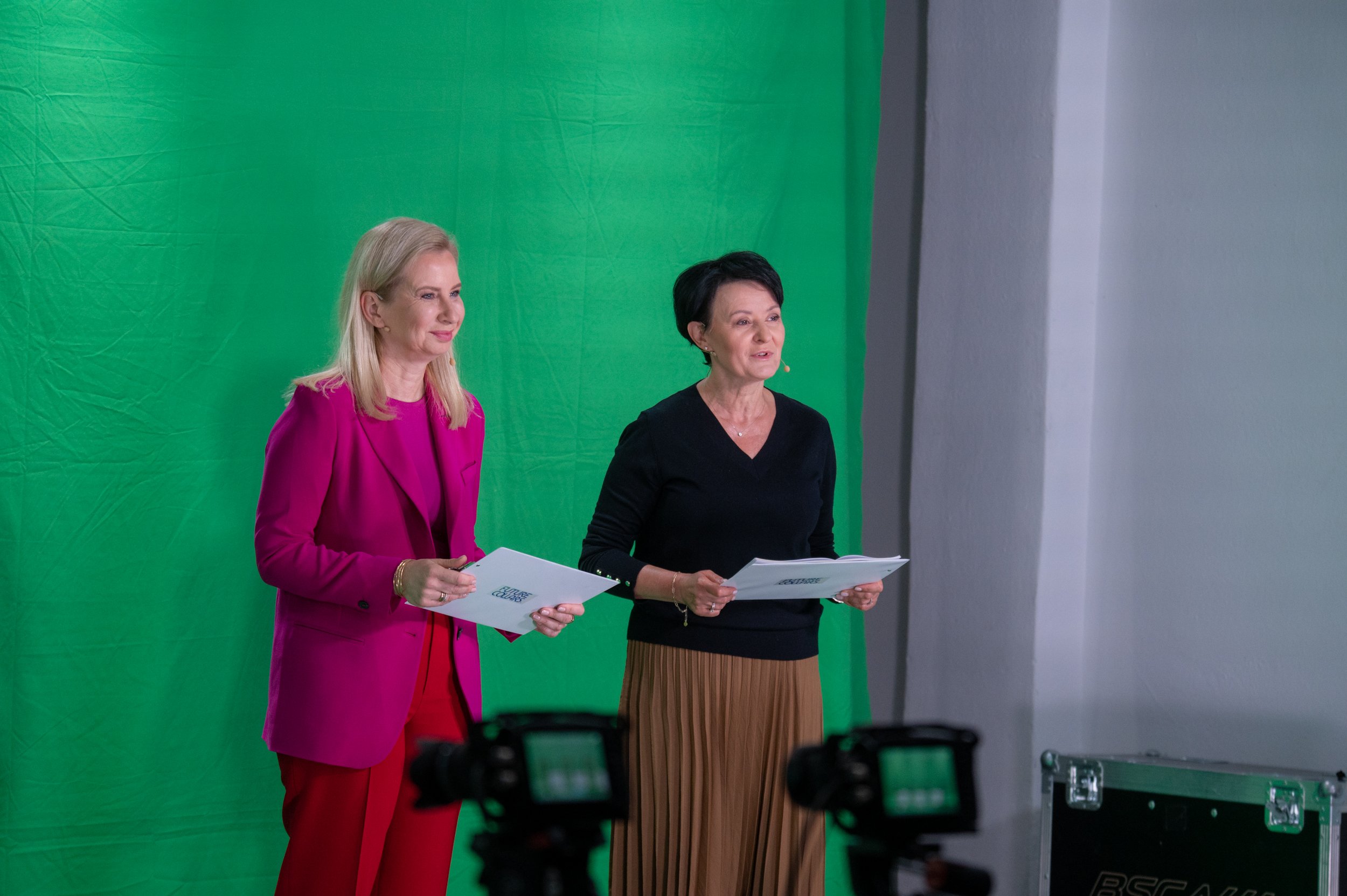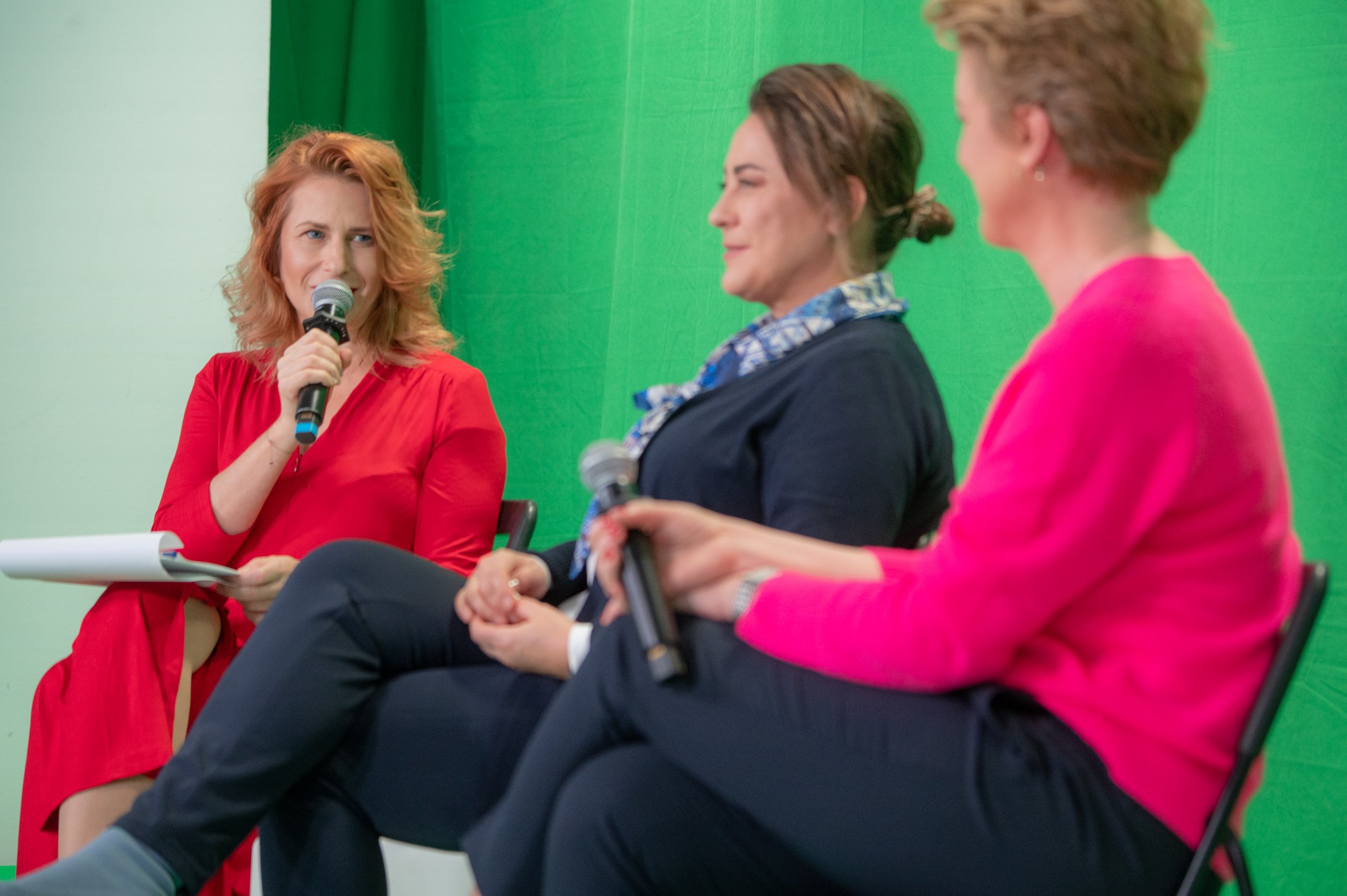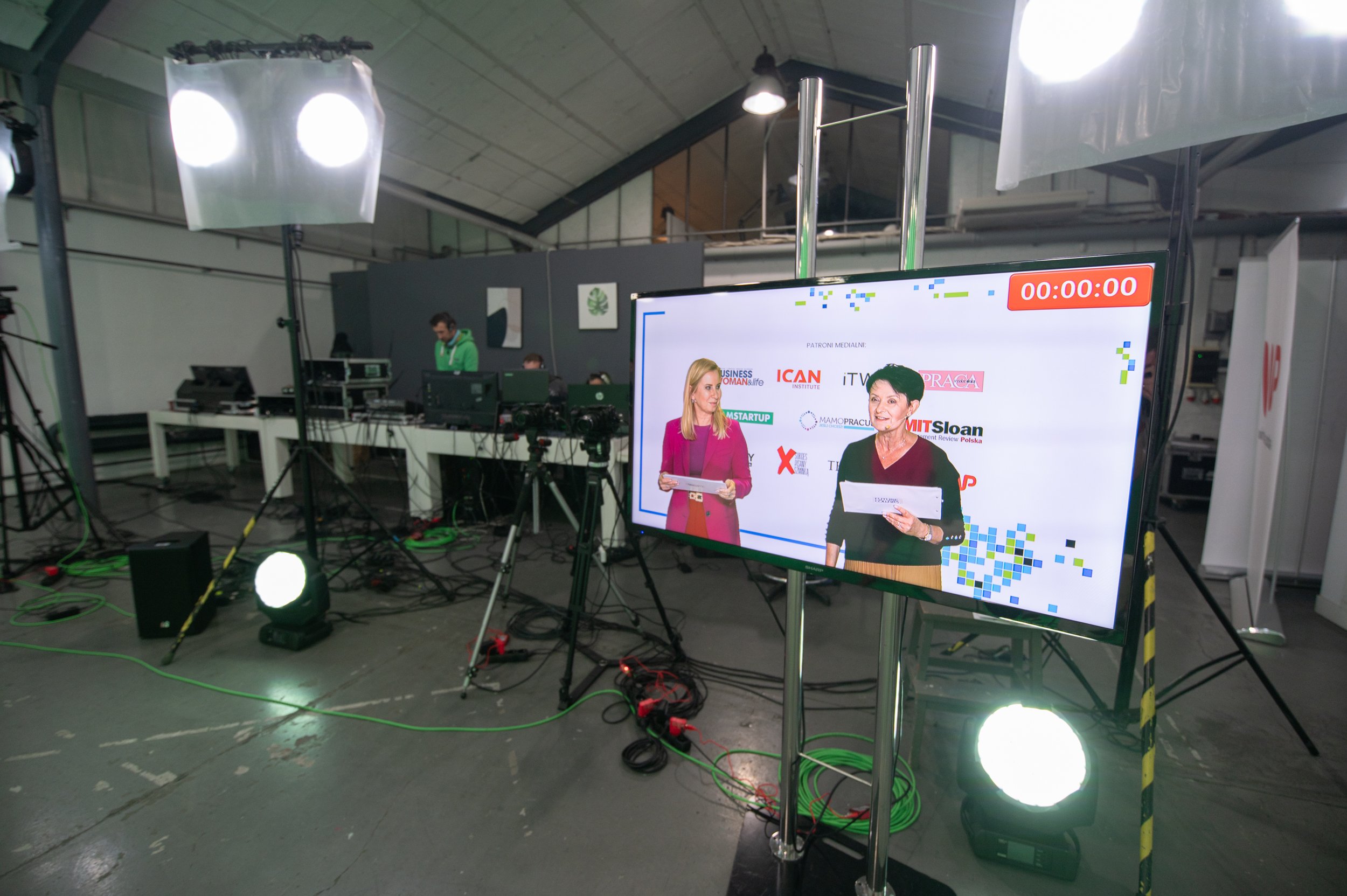In celebration of Women’s History Month, we are spotlighting the stories of three women entrepreneurs at the helm of enterprises in the NESsT portfolio in Central & Eastern Europe and South America.
Intersectional Impact: 7 key learnings from accelerating social enterprises in Poland & Romania over 3 years
We spoke to our portfolio managers and entrepreneurs in the region to uncover the lessons learned and insights gained from three years of close-up acceleration and collaboration in the region catalyzing wide-ranging, innovative business models and supporting the financial independence and stability of people from diverse backgrounds.
The war in Ukraine enters its third year
This past February marks two years since Russia invaded Ukraine in 2022.
As of February 2024, an estimated 3.7 million people are still displaced within Ukraine’s borders, and 6.5 million refugees are in countries such as Poland and Romania. The reality is, although it has been two years since the crisis began, millions of refugees in the region still need support to find dignified work that allows them to feed their families.
Targ Pietruszkowy: Celebrating a Decade of Impact in the Community
Our portfolio enterprise Targ Pietruszkowy is celebrating a decade of creating a positive impact in its local community. Targ works with around 140 small-farm holders, almost half of whom are women. For many, selling their organically grown produce at Targ Pietruszkowy is their main source of income.
Social Fund of the Year, Europe – NESsT’s Refugee Employment Initiative: Supporting Refugees to Access Quality Jobs
Kicking off the NESsT Refugee Employment Initiative
Meet the NESsT - IKEA Social Entrepreneurship Poland and Romania Accelerator Portfolio
NESsT and IKEA Social Entrepreneurship co-created a three-year accelerator programme to support enterprises in Poland and Romania that expand employment opportunities. The selected enterprises will receive market access assistance and advice, tailored business mentoring, technical assistance, in addition to flexible financing. Meet the enterprises now:
How this virtual campaign empowers women to launch careers in Tech
Many traditional jobs are morphing into technical positions or disappearing altogether. A report by the World Economic Forum predicted that 97 million new tech-related jobs may emerge while 85 million non-tech career opportunities may be displaced by 2025.
Though technological advancements have improved the standard of living for many communities around the world, the tech job growth has exacerbated employment inequalities and widened gender wage gaps. In Poland, only 1.8% of women are trained in programming, and the average ratio of men to women on a tech team is three to one.
Supporting women to enter the tech workforce
NESsT Portfolio Future Collars launched the Woman Update campaign to make technical education and career guidance accessible to women of all ages and professional backgrounds. Woman Update’s online platform offers free webinars for women who are navigating the tech job market, providing guidance on acquiring new digital skills and building confidence.
“Women in Poland make up only less than 15% of employees in the IT industry — there is only one woman in every one hundred IT professionals. Moreover, many women are working in jobs that are threatened by automation, especially in administration, accounting, and client services. Through our events and campaigns, we prove that these statistics are not a barrier, but our motivation for change. This year we sought to inspire the participants of Women in IT Career Day to use their potential to consciously and ambitiously build their careers in IT.” said Joanna Pruszyńska-Witkowska, Co-Founder and VP of Future Collars.
In December, more than 1,700+ women joined the third Career Summit for Women in IT – an online event created by Future Collars and supported by NESsT as part of the Woman Update initiative. The free conference offered participants 28 different career counseling workshops, panel discussions with stories shared by experienced women leaders working in tech, in addition to one-on-one recruiting sessions with more than 70 employers, mentors, and speakers.
“My conversations with women leaders who are working in tech were very inspiring. I look forward to the next initiative in this format,” shared a participant.
Filip Wadowski (right) joining the virtual conference as a panelist.
“ It was very empowering to see how Future Collars ramped up its informational and educational support for women during the pandemic, helping more women to recover from the gendered impact of the crisis and fill positions in the booming tech industry. We’re also thrilled to see that the campaign received the support of many companies and organizations that are redefining traditional tech career paths,” said Filip Wadowski, NESsT Poland Country Director.
All photos courtesy of Future Collars
Future Collars is committed to diversifying the tech workforce in Poland by providing technical training and wraparound services to ensure that women, especially parents, stand out during the recruiting process and thrive in their roles long after hiring. The Polish enterprise is part of NESsT Empowers, a program that seeks to ensure equal access to the future of work for underrepresented communities, such as women, orphaned youth, and low-income communities.
Talenti - the First Digital Platform in Poland Tailored to the Employment Needs of Women
To connect women to decent employment in well-paid sectors, while helping employers to become more gender inclusive, NESsT partnered with portfolio company Mamo Pracuj to create Talenti - a job-searching platform tailored to the employment needs of women.
NESsT Empowers: Supporting Women to Launch Careers in High-Growth Industries
NESsT Empowers is a program that helps women who face discrimination in the hiring process access the career resources to transition into sustainable and quality jobs. Through Empowers, social enterprises are connected to successful business leaders who are interested in deepening the commitment towards diversity, equity and inclusion of their workplace.

















